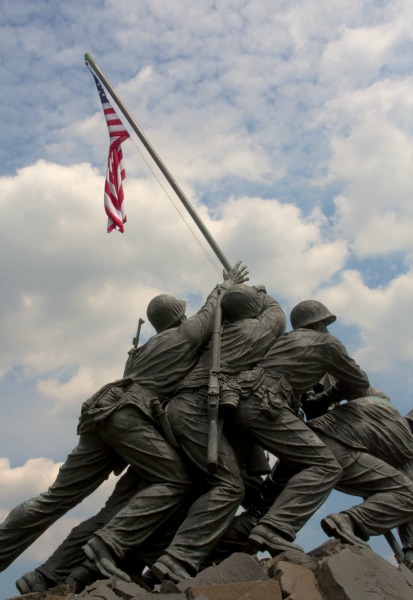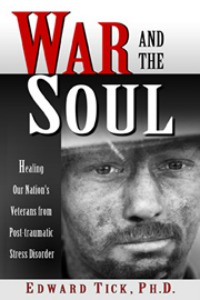 Many individuals will experience and live through a traumatic event. Trauma is defined as experiencing or witnessing an event that is life-threatening, dangerous, or threatening to the physical integrity of the person; traumatic events evoke feelings of fear, horror and/or helplessness. Common examples include natural disasters, war, criminal attack, severe accidents, sexual assault, domestic violence, and childhood abuse. Many will recover from trauma with new perspectives and strengths, and some will have longstanding distress. A great deal of effort has been put into understanding the recovery process. For example, research has repeatedly shown that people who have good social support and strong close relationships are more likely to show better recovery. The concept of social support in my mind is best thought of with awareness of our diversity, as we may belong to multiple social support circles that are defined based on variables such as family connection, gender, culture, race, religion and other identity-forming support circles.
Many individuals will experience and live through a traumatic event. Trauma is defined as experiencing or witnessing an event that is life-threatening, dangerous, or threatening to the physical integrity of the person; traumatic events evoke feelings of fear, horror and/or helplessness. Common examples include natural disasters, war, criminal attack, severe accidents, sexual assault, domestic violence, and childhood abuse. Many will recover from trauma with new perspectives and strengths, and some will have longstanding distress. A great deal of effort has been put into understanding the recovery process. For example, research has repeatedly shown that people who have good social support and strong close relationships are more likely to show better recovery. The concept of social support in my mind is best thought of with awareness of our diversity, as we may belong to multiple social support circles that are defined based on variables such as family connection, gender, culture, race, religion and other identity-forming support circles.
 As a therapist working with war veterans, I read a book some years ago that shifted my perspective on treatment of trauma. The book was called “War and the Soul”, and it was written by Edward Tick, a psychologist who started treating United States military veterans of the Viet Nam War in the 1970s. Dr. Tick has a background in anthropology, so it was natural for him to ask: “How do other cultures in places around the world help their returning warriors heal?” In surveying cultures from Ancient Greece to Native American Indian tribes, he noted that these and other cultures offered returning warriors healing through participation in communal healing rituals. Dr. Tick’s work highlights not only the role of social support but also the enactment of that support through culturally specific spiritual practices. (More information about Dr. Ed Tick and his work can be viewed at his website: soldiersheart.net)
As a therapist working with war veterans, I read a book some years ago that shifted my perspective on treatment of trauma. The book was called “War and the Soul”, and it was written by Edward Tick, a psychologist who started treating United States military veterans of the Viet Nam War in the 1970s. Dr. Tick has a background in anthropology, so it was natural for him to ask: “How do other cultures in places around the world help their returning warriors heal?” In surveying cultures from Ancient Greece to Native American Indian tribes, he noted that these and other cultures offered returning warriors healing through participation in communal healing rituals. Dr. Tick’s work highlights not only the role of social support but also the enactment of that support through culturally specific spiritual practices. (More information about Dr. Ed Tick and his work can be viewed at his website: soldiersheart.net)
In reviewing recent research on post-traumatic stress disorder (PTSD) it is now more common to see the topic of spirituality or religious practice included. In a survey of responses to the attacks of 9/11, an article in the New England Journal of Medicine noted that 90% of survivors noted using prayer or other forms of religious practice to cope with the strain of their experience. Therapists are also more likely to routinely inquire about spiritual or religious practice and beliefs as part of getting to know about their client. The other day, a veteran of the Viet Nam war shared his memories of his uncle, also a military veteran, who participated in ceremonies based on his Native American heritage. My client remembered being a part of these rituals on behalf of others, and the respect he had for this uncle and their traditions was clear. But when I asked if he had ever received this healing for himself he said he had not, and at that moment starting to consider that perhaps he blocked off that possibility.
Psychologically, we might explain this as due to survivor guilt, which had kept his focus on helping others while neglecting his needs. He is beginning to consider new options for himself. My hope is that he and others surviving trauma can have choices for healing that include both new scientific approaches rooted in psychological research with other traditions that are rooted in their ethnic, cultural and/or spiritual identities.
Leave a Reply
You must be logged in to post a comment.